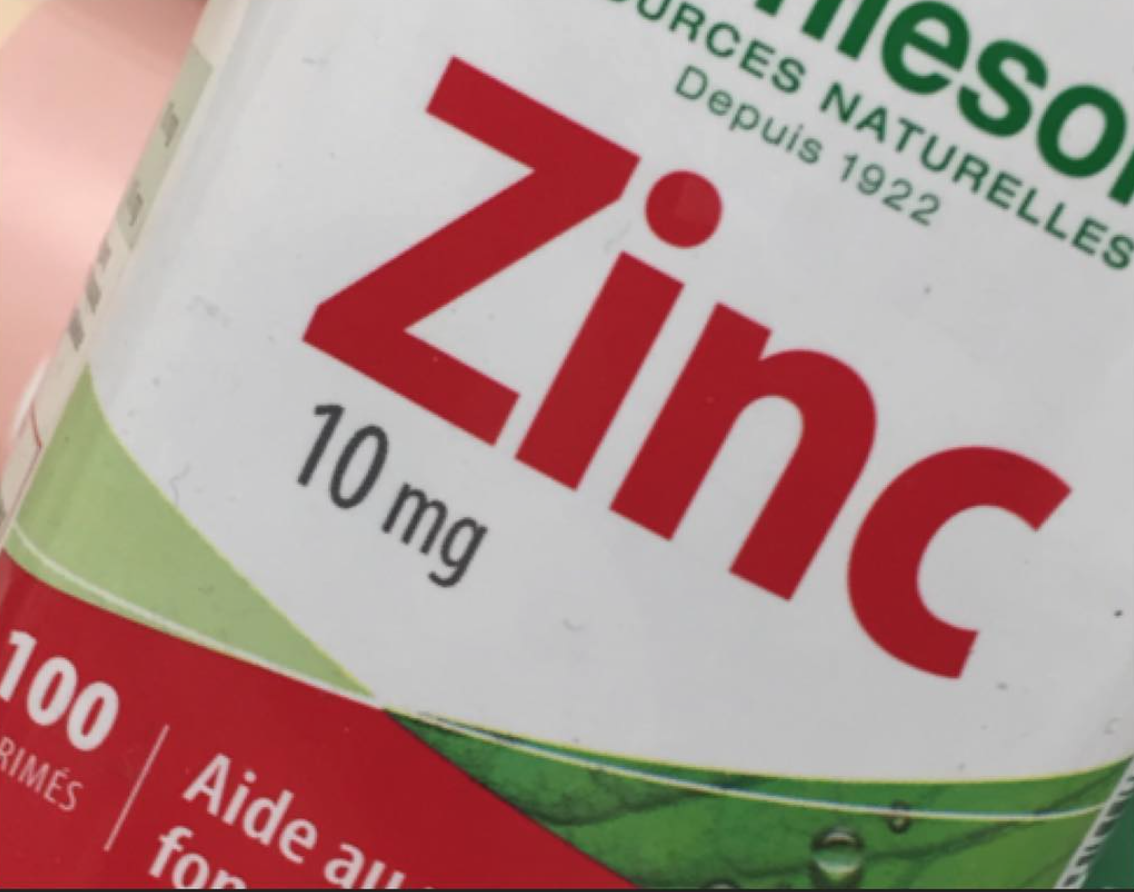Zinc and Inflammation: A Complex Link
What is a special about zinc and inflammation?
Zinc is a so called "negative" acute phase reactant. When inflammation is present, zinc levels are often found to be low. In other words zinc levels and inflammatory parameters often trend in opposite directions. A variety of studies have suggested low zinc may even promote inflammation as well creating a spiral effect.
Inflammatory conditions often trigger a rapid reduction in plasma zinc concentration as a result of the redistribution of zinc into cellular compartments. In turn, zinc deficiency influences the generation of cytokines, including IL-1β, IL-2, IL-6, and TNF-α.
A patient with an inflammatory disorder who has low zinc levels on a lab test may not be as low as the test might lead them to believe. It's not entirely clear what the true zinc lab result would be in someone with inflammation and how one should "correct" the result. In other words, there is no current consensus on how to control for the effect of inflammation on serum zinc levels.
Inflammation, Zinc and Hair Loss
A variety of inflammatory hair loss conditions may be associated with low zinc levels including alopecia. Studies in 2009 by Park et al showed that zinc supplementation in patients with alopecia areata who were low in zinc helped with hair regrowth. Other hair conditions like androgenetic alopecia are now understood to be associated with "micro inflammation" and seem to also be associated with low zinc levels.
Conclusion
Zinc levels may change in the setting of inflammation and levels appear to be lower in many hair loss conditions. How best to supplement zinc is not clear nor is it clear what levels we should be aiming for in patients with inflammatory hair disorders. We are in the early stages of fully understanding zinc.
Reference
1. Aiempanakit K, et al. Low plasma zinc levels in androgenetic alopecia. Indian J Dermatol Venereol Leprol. 2017 Nov-Dec.
2. Jin W, et al. Changes of serum trace elements level in patients with alopecia areata: A meta-analysis. J Dermatol. 2017.
3. Jamilian M, et al. Effects of Zinc Supplementation on Endocrine Outcomes in Women with Polycystic Ovary Syndrome: a Randomized, Double-Blind, Placebo-Controlled Trial. Randomized controlled trial Biol Trace Elem Res. 2016.
4. Park H, et al.The therapeutic effect and the changed serum zinc level after zinc supplementation in alopecia areata patients who had a low serum zinc level. Ann Dermatol. 2009.
This article was written by Dr. Jeff Donovan, a Canadian and US board certified dermatologist specializing exclusively in hair loss.

